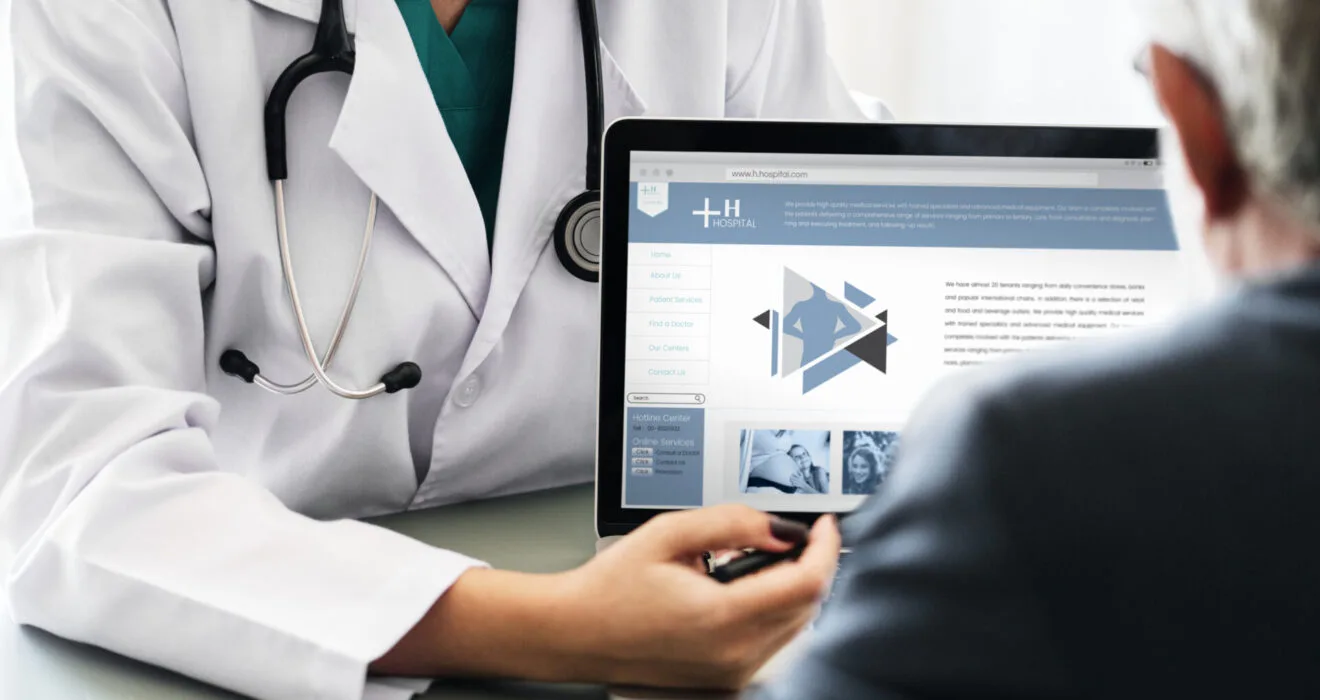How Electronic Health Records (EHR) Improve Healthcare Efficiency
1. Benefits of Implementing EHR Systems in Healthcare
Enhanced Accessibility of Patient Information
EHR systems streamline healthcare operations with IT solutions and software development, enabling instant access to patient records. With cloud computing and data security, medical data remains protected while ensuring seamless information sharing. IT consulting and managed IT services help healthcare providers integrate secure and efficient digital record-keeping solutions.
Increased Efficiency in Documentation and Record-Keeping
Say goodbye to the endless stacks of paper files! EHR streamlines documentation and record-keeping tasks, saving time and reducing errors. It’s like Marie Kondo came and decluttered your doctor’s office.

2.Streamlining Administrative Processes with EHR

Automating Appointment Scheduling and Billing
When patients are engaged in their healthcare journey, amazing things happen. They tend to stick to treatment plans, follow up on appointments, and make healthier lifestyle choices. This all adds up to better outcomes and happier, healthier patients.
Enhanced Patient-Provider Communication
Healthcare portals improve patient-provider communication with IT solutions and software development, ensuring seamless interaction. With cloud computing and data security, patient data is protected while enabling secure messaging and access to medical information. IT consulting and managed IT services support the integration of these platforms for a more personalized healthcare experience.
3. Enhancing Patient Care and Safety through EHR
Facilitating Comprehensive Health Monitoring and Management
EHR goes beyond storing data; it helps track your health over time, providing insights for better management. From chronic condition monitoring to preventive care reminders, EHR has your back for a healthier you.
Reducing Medical Errors and Enhancing Decision-Making
EHR systems enhance healthcare efficiency with IT solutions and software development, reducing medication errors and improving decision-making. With cloud computing and data security, patient information remains secure while enabling real-time access for providers. IT consulting and managed IT services ensure seamless integration and coordination across healthcare systems.

4. Leveraging Data Analytics for Decision Making in Healthcare
Data is the new gold in healthcare, and EHR systems are the mines where valuable insights are waiting to be unearthed. By utilizing EHR data for population health management, healthcare organizations can identify trends, track outcomes, and make data-driven decisions to improve the health of their communities.
Moreover, EHR systems enable the implementation of predictive analytics, allowing healthcare providers to personalize care plans based on a patient’s unique health profile. By analyzing historical data and predicting future health outcomes, providers can intervene proactively, leading to better health outcomes and patient satisfaction.
5. Addressing Challenges and Considerations in EHR Implementation
Implementing EHR systems requires strong cybersecurity measures and data security protocols to protect sensitive patient information. With cloud computing and IT solutions, healthcare organizations can enhance privacy compliance while ensuring seamless access to records. IT consulting and managed IT services help address security challenges and maintain trust in digital healthcare systems.
Training staff and overcoming resistance to change are also critical considerations when implementing EHR systems. Transitioning from paper-based workflows to digital platforms can be daunting for some healthcare professionals. Providing adequate training, support, and incentives can help ease the transition and ensure the successful adoption of EHR systems.
6. Future Trends and Innovations in EHR Technology
The future of EHR technology is bright, with exciting trends and innovations on the horizon. Integration of artificial intelligence and machine learning promises to revolutionize healthcare by automating manual tasks, analyzing large datasets, and providing personalized insights for better decision-making.
Advancements in IT solutions and cloud computing are revolutionizing Electronic Health Records (EHR), enabling seamless data exchange and interoperability. IT consulting services play a crucial role in integrating different healthcare systems for improved patient care. Strong cybersecurity measures and network security protocols are essential to safeguard patient data. Managed IT services help healthcare organizations maintain and optimize their EHR systems efficiently. The role of IT support in ensuring smooth system operations and data accessibility is more important than ever. Software development innovations are enhancing EHR functionalities, making them more user-friendly and efficient. As the healthcare industry evolves, leveraging data security practices remains a priority for maintaining compliance. With continued advancements, IT services will drive the future of healthcare, improving outcomes and streamlining operations.



